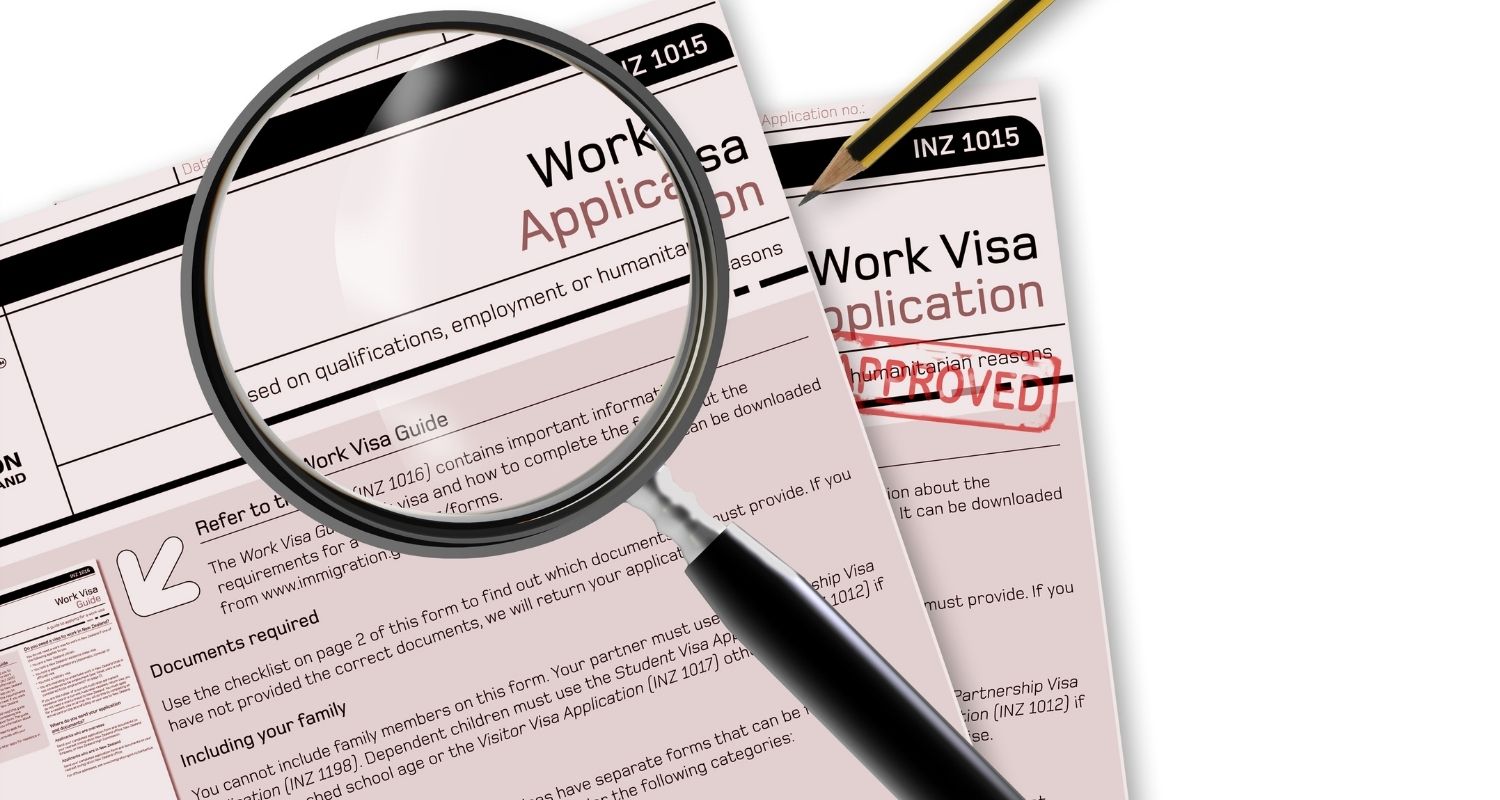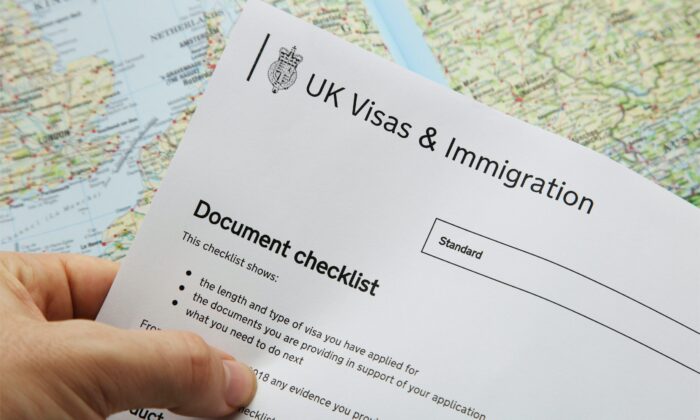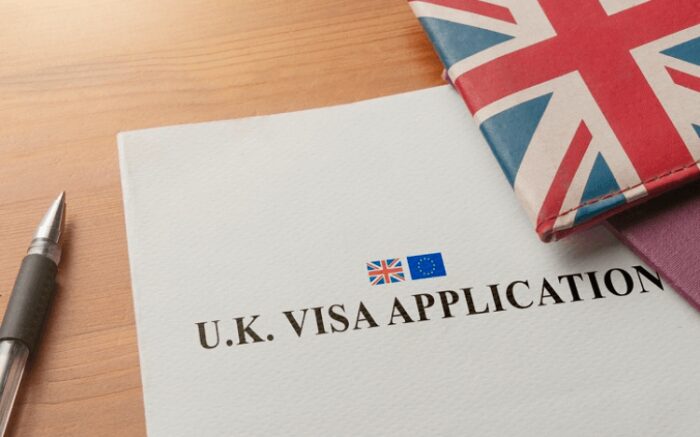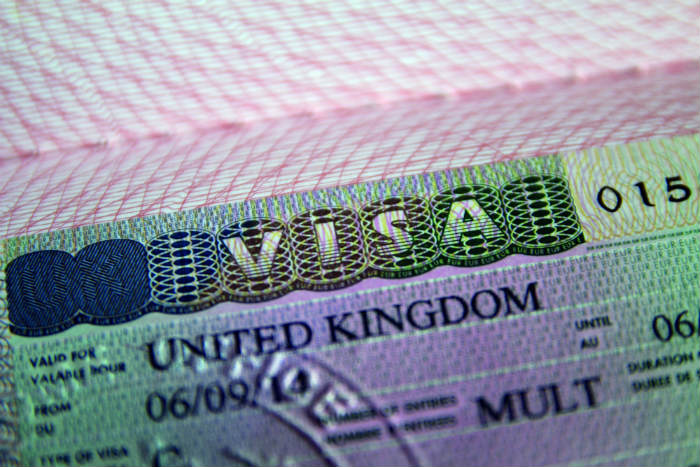
Maintaining compliance with your UK sponsorship licence is a critical responsibility for organizations that rely on foreign talent to meet their workforce needs. The consequences of non-compliance can be severe, including the revocation of the sponsorship licence, financial penalties, and damage to an organization’s reputation. To help organizations navigate the complex landscape of sponsorship compliance, this article provides a comprehensive guide on best practices and pitfalls to avoid.
Section 1: Understanding the Basics of Sponsorship Compliance

1.1. Know Your Responsibilities as a Sponsor
- When you hold a sponsorship licence, you take on specific responsibilities outlined by the Home Office. These include record-keeping, reporting obligations, and adherence to immigration rules. It’s crucial to understand these responsibilities from the outset.
1.2. Stay Updated with Immigration Rules
- Immigration rules can change, and it’s essential to stay current with updates from the Home Office. Regularly check for rule changes and ensure your processes align with the latest requirements.
1.3. Establish Clear Internal Processes
- Create robust internal processes for managing sponsored workers. This includes appointing individuals responsible for compliance, maintaining accurate records, and ensuring timely reporting.
Section 2: Best Practices for Maintaining Sponsorship Compliance

2.1. Thorough Record-Keeping
- Maintain meticulous records for all sponsored workers. This should include their job roles, salaries, hours worked, and any changes to their employment circumstances. Having these records readily available is essential for audits and compliance checks.
2.2. Timely Reporting
- Report any changes or issues to the Home Office promptly. This includes changes in a sponsored worker’s employment status, such as resignations or terminations, as well as any breaches of immigration rules.
2.3. Monitor Visa Expiry Dates
- Keep a close eye on visa expiry dates for sponsored workers. Ensuring that employees renew their visas on time is vital to avoid disruptions to your workforce.
2.4. Offer Training on Compliance
- Provide training to employees responsible for compliance. Ensuring that they are well-informed about the rules and obligations of the sponsorship licence can prevent inadvertent violations.
2.5. Conduct Mock Audits
- Periodically conduct mock audits to assess your compliance readiness. Identify any areas of weakness and address them proactively.
Section 3: Common Pitfalls and How to Avoid Them

3.1. Failure to Conduct Resident Labor Market Tests
- Some sponsors may be required to conduct Resident Labor Market Tests to demonstrate that no suitable settled workers are available for a role before hiring a foreign national. Failing to carry out this test when necessary can lead to compliance issues.
3.2. Inadequate Record-Keeping
- Poor record-keeping practices can result in incomplete or inaccurate records, making it challenging to demonstrate compliance during audits.
3.3. Ignoring Changes in Immigration Rules
- Immigration rules can change frequently, and sponsors who fail to adapt to these changes may inadvertently breach the rules, risking compliance.
3.4. Overlooking Reporting Obligations
- Neglecting to report changes or issues to the Home Office promptly can lead to non-compliance. Make sure you have a streamlined reporting process in place.
3.5. Lack of Internal Communication
- Ineffective communication within your organization can lead to misunderstandings about compliance obligations. Ensure that all relevant departments are on the same page regarding sponsorship compliance.
Conclusion
Maintaining compliance with your UK sponsorship licence is a continuous and essential process for organizations that rely on foreign talent. By following best practices, staying informed about immigration rules, and avoiding common pitfalls, you can navigate the complex compliance landscape successfully. Remember that compliance is not just a legal requirement but also a strategic imperative for attracting and retaining international talent while safeguarding your organization’s reputation and operations.














